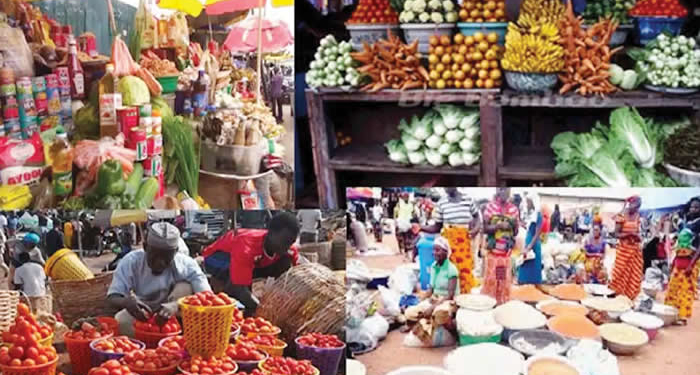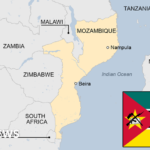
The Federal Competition and Consumer Protection Commission (FCCPC) has granted a one-month grace period for traders and market stakeholders to lower prices on goods.
The decision, announced by the newly appointed Executive Vice Chairman, Mr. Tunji Bello came during a stakeholder engagement on exploitative pricing held in Abuja on Thursday.
Bello stated that enforcement actions against unfair pricing practices will begin after the grace period. The session aimed to confront the growing issue of excessive pricing and address the unethical practices observed within various market associations.
He highlighted an example of price inflation, noting that a Ninja fruit blender was priced at $89 (approximately N140,000) in a Texas supermarket, while the same item was listed at N944,999 in a Victoria Island, Lagos supermarket. Such stark differences, he remarked, reflect broader issues of market manipulation that threaten economic stability.
“Under Section 155 of the FCCPC Act, violators—whether individuals or corporations—face significant penalties, including hefty fines and imprisonment, if found guilty. This measure is intended to deter illicit practices. However, our approach is not punitive at this stage,” Bello explained. “We are providing a one-month grace period for stakeholders to adjust their pricing practices before we implement strict enforcement.”
He acknowledged the government’s awareness of the challenges faced by market participants and stressed the importance of cooperative solutions.
“While we recognize the genuine concerns raised by stakeholders; such as rising transportation costs and multiple layers of taxation; it is also essential to address any collusion among traders aimed at exploiting consumers.”
Stakeholders shared their perspectives on the factors driving price increases. Mr. Ifeanyi Okonkwo, Chairman of the National Association of Nigerian Traders (FCT Chapter), cited increased import duties at ports and urged the formation of a task force with association involvement for effective enforcement.
Emmanuel Odugwu from Kugbo Spare Parts Market reported a dramatic rise in transportation costs, with the price of moving a trailer load of tires from Lagos to Abuja increasing from N450,000 to over N1 million. Ms. Kemi Ashiri, Liaison Manager at Flour Mills, called for the harmonization of regulatory fines to support business sustainability.
Ikenna Ubaka, representing supermarket owners, attributed high costs to excessive bank interest rates, rent increases, and inflated prices from supply chains. He also noted that electricity distribution companies were imposing high charges on supermarkets.
Mr. Solomon Ukeme from the Master Bakers Association pointed out that the cost of essential baking ingredients, such as flour, sugar, and butter, has surged significantly, with a bag of flour now costing N74,000 compared to N34,000 previously. He linked these increases to multiple layers of taxation.
The engagement underscored the need for a concerted effort among market stakeholders and regulatory bodies to address pricing issues and promote fair market practices.















